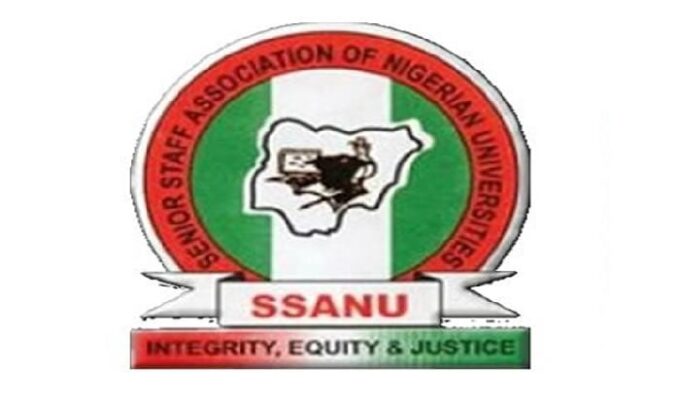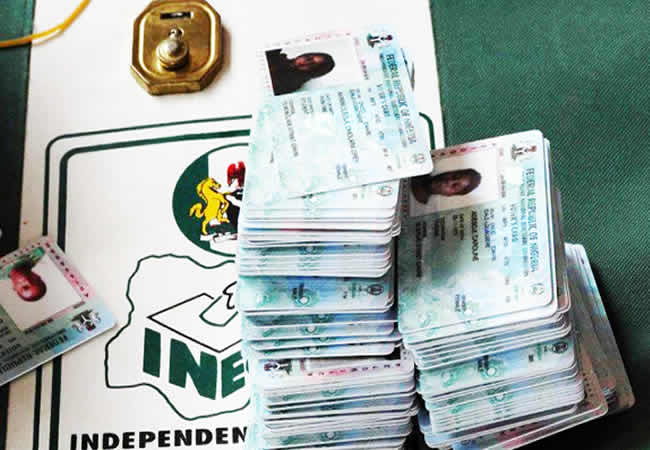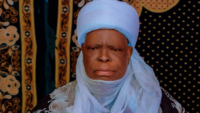
The Ondo State Security Network Agency, also known as the Amotekun Corps, has announced the commencement of its fifth batch recruitment exercise.
The Corps said the recruitment, approved by the state government, is part of ongoing efforts to strengthen security and protect lives and property across the state.
According to a statement signed and released on Sunday by Muyideen Fabunmi on behalf of the Corps Commander, the application opens from Monday, December 1, 2025, to Monday, December 8, 2025.
Eligibility criteria
The Corps said interested applicants must be indigenes of Ondo State or individuals of Yoruba extraction who have lived in the state for at least 10 years. Applicants are required to provide:
- Local Government of Origin certificate
- Proof of payment of the development levy for a minimum of three years
- National Identity Card or a valid voter’s card
Applicants must also possess paramilitary or security-related experience, which may include skills in local hunting, mechanical or automobile engineering, building and construction, electrical or electronics engineering, plumbing, welding, painting, tailoring, ICT skills such as web or graphics design, or trade test certification in driving or works superintendent training.
The Corps also listed “spiritual endowment” as an added qualification.
Candidates must also be at least 20 years old and provide recent proof of physical and mental fitness from a government hospital.
They are also required to show evidence of good character endorsed by a Notary Public, Chairman of a Local Government Traditional Council or a Justice of the Peace.
Additionally, applicants must have lived in their current place of residence for at least three years with attestation from a member of their Community Development Association.
Application procedure
Qualified applicants are to obtain and complete the recruitment form on the agency’s website, http://ossnamot.com, from Monday, December 1, 2025, to Monday, December 8, 2025.
Completed forms, along with relevant credentials and endorsements, should be submitted in a sealed envelope addressed to:
Corps Commander,
Ondo State Security Network Agency,
Command Headquarters,
Behind Reuben Fasoranti Park,
Alagbaka, Akure.
The statement added that shortlisted candidates will be notified via SMS from December 8, the same date the application closes.
PUNCH Online reports that Ondo Amotekun was established on March 4, 2020, by a law of the Ondo State House of Assembly and later amended on July 13, 2022.
The agency is mandated to gather intelligence, investigate and prosecute suspects, collaborate with similar security outfits in other South-West states, protect lives and property, and ensure safe movement across highways, forests, waterways and other locations in the state.


















Leave a comment